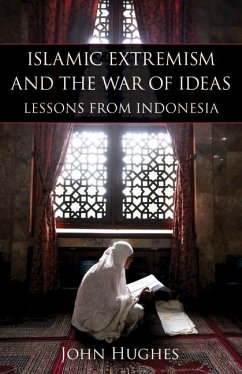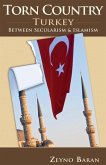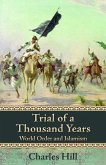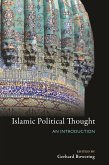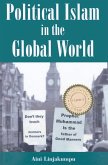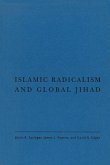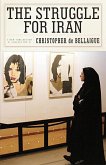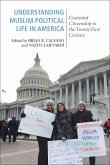Winning the war of ideas What is the underlying theme for the message that America must project to the rest of the world? It is that its own rich heritage of freedom is something to which all mankind is entitled. Thus, says John Hughes, in Islamic Extremism and the War of Ideas, the war the United States is fighting against Islamist extremism requires both military force and "soft power," the phrase that has come to mean a nonmilitary mix of economic development, humanitarian effort, and, perhaps most important, public diplomacy. Through a new and revitalized American public diplomacy, the author shows, we can engage and persuade moderate Muslims that there is a better, nonviolent way to end the poverty and tribulation in which terrorism so often breeds. The author offers Indonesia as a successful example of the melding of democracy, Islam, and modernity and suggests that this country and other nations where Islam and democracy coexist--such as Turkey--could play a significant role in helping thwart Islamist extremism. He concludes that however democracy advances in the Arab world, and however its ultimate character differs from Jeffersonian democracy as Americans know it, the quest for freedom is noble and should remain the underlying premise of U.S. public diplomacy.

